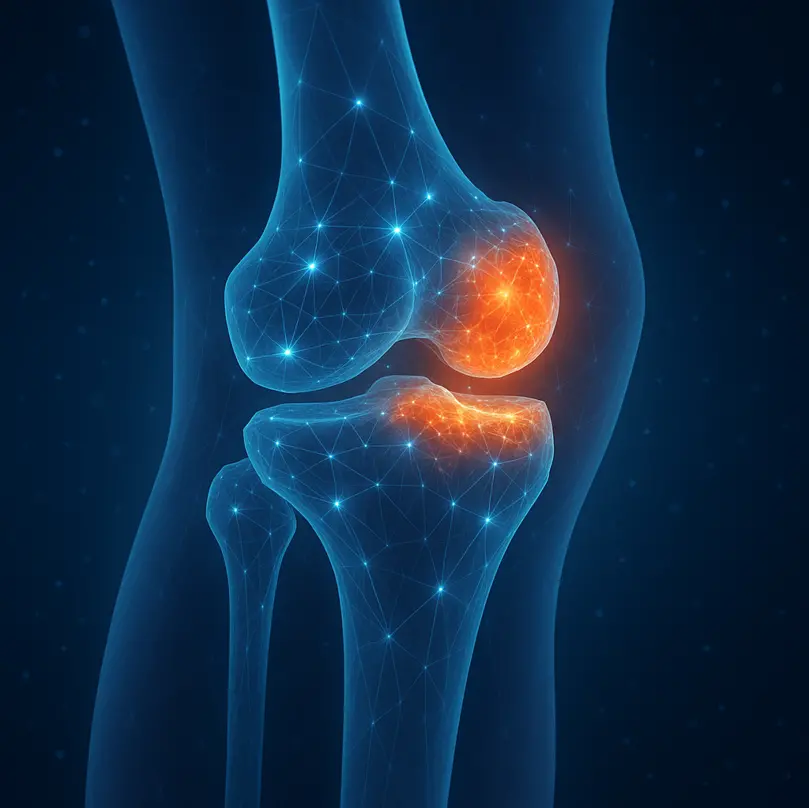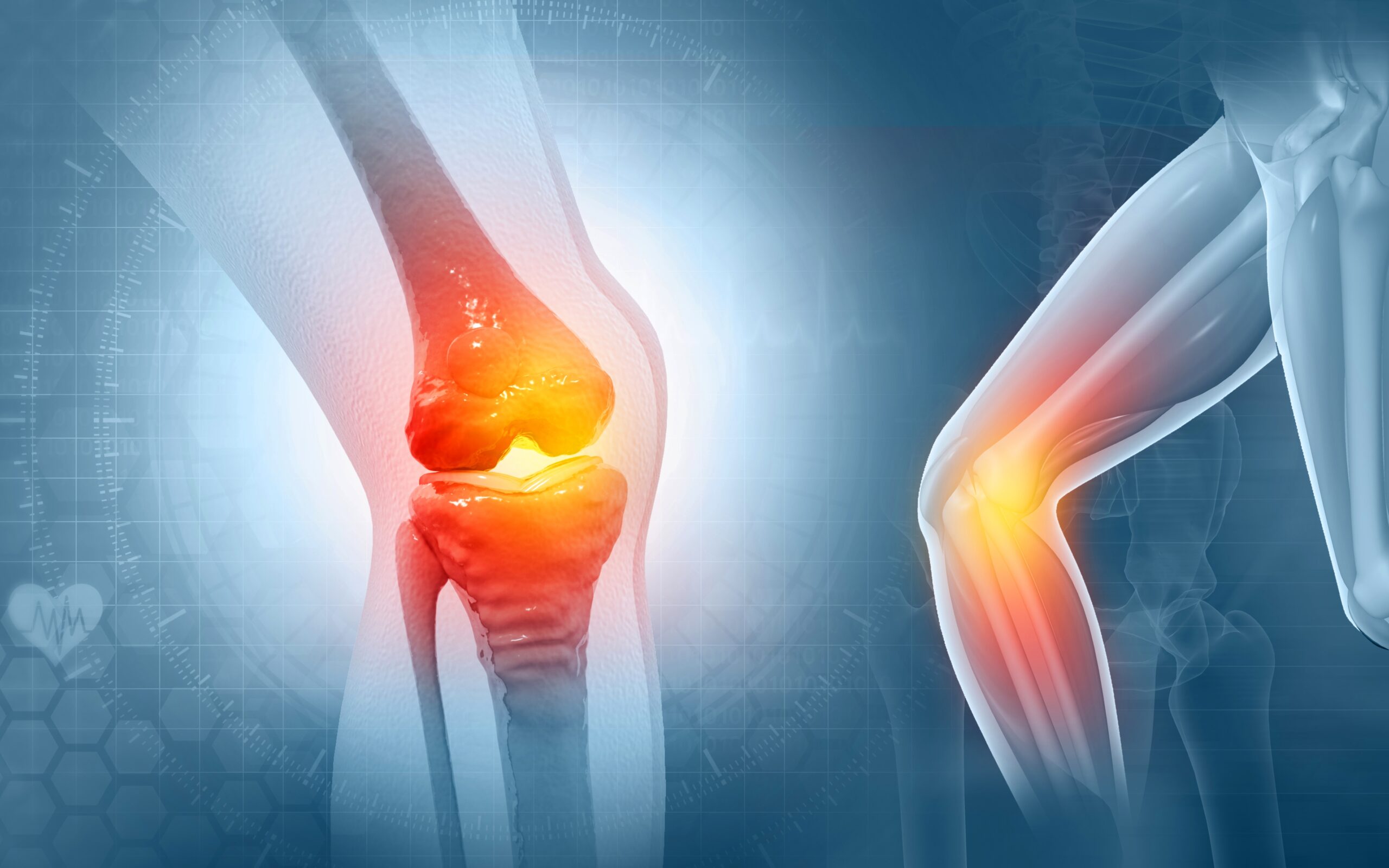Axial spondyloarthritis (axSpA) is a chronic inflammatory disease that mainly affects the axial skeleton including the spine and the sacroiliac joints. ECM remodelling occurring in the affected tissues, can be quantified by tissue-specific biomarkers. This enables the monitoring of disease activity, providing valuable insights into the disease mechanisms and complexity in axSpA.
Biomarkers for Rheumatic Diseases
Nordic Bioscience was founded on a deep history in the scientific field of bones, which have evolved into the field of joints. Thanks to our history, we have a proven track record of 30+ years of working with biomarkers in rheumatoid arthritis, osteoarthritis and other arthritic diseases.







